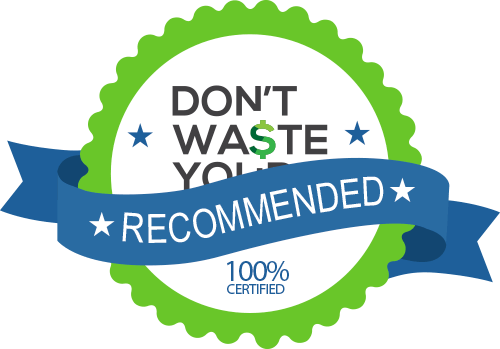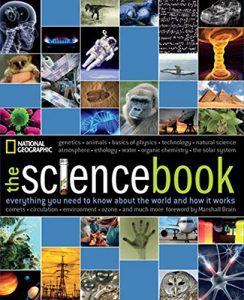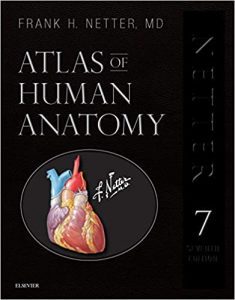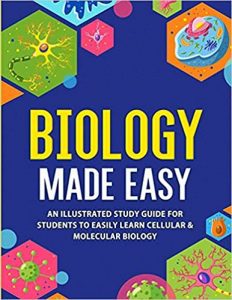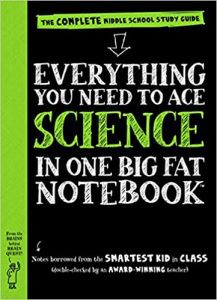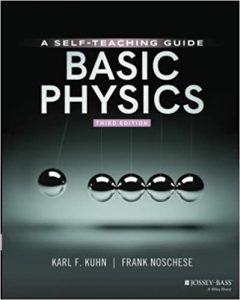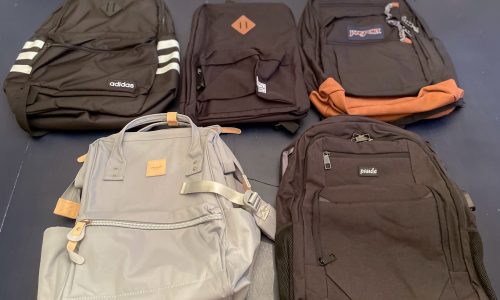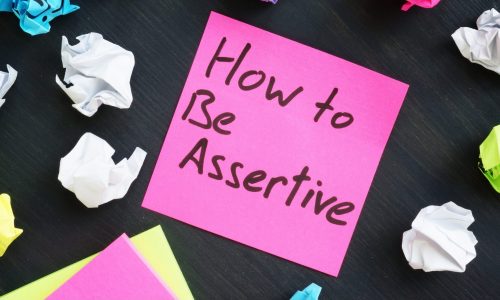The Best Basic Science Textbook
We looked at the top 5 Basic Science Textbooks and dug through the reviews from 7 of the most popular review sites including and more. The result is a ranking of the best Basic Science Textbooks.

Our Review Process
Don't Waste Your Money is focused on helping you make the best purchasing decision. Our team of experts spends hundreds of hours analyzing, testing, and researching products so you don't have to. Learn more.
Our Picks For The Top Basic Science Textbooks
Featuring centuries of scientific thought in one large, comprehensive text, this book is not only informative, but it also engages the reader with beautiful illustrations. The topics are well organized to keep readers from feeling overwhelmed. There are also cross-references to other sections to help you follow one topic across multiple sciences.
Comprehensive OverviewIf you’re looking for a book that gives you an overview of each field of science, this textbook is worth considering.
Whether you’re studying for a healthcare profession or you have an innate curiosity about the human body, this is the book for you. This seventh edition of the popular textbook is fully illustrated by physicians and includes more than 650 pages of useful information and images. You’ll also get a fully downloadable image bank to help you zoom in...
Great VisualsThis in-depth look at the human anatomy is not only well illustrated, but it also has a downloadable image bank.
With more than 300 illustrations, this textbook both informs and engages readers. On these pages, you’ll get a better understanding of both cellular and molecular biology, along with a study of the various disproven theories of evolution. This book is also great for studying how viruses mutate and impact the body.
Excellent on EvolutionWith an intensive history of the evolution of humans, this textbook is great for those who want to take an in-depth look at biology.
A great supplement to what students are already learning in middle school, this overview of all the sciences is a great way to get a grasp of the information. This is part of a series of books tackling various subjects while also meeting Common Core State Standards. This book will also give students the foundation they need as they tackle high scho...
For Home SchoolingParents looking for a supplement for their tween learners will love this engaging overview of middle school science.
Buying Guide
Science education can start from the time a child is born. Through playtime, children learn all the basic concepts, from how static cling works to what happens when they stack blocks one way versus another. Most importantly, through play, children learn to explore and create.
But formal learning starts once a child enters the classroom. Science learning can start as early as preschool, and children are gradually introduced to biology, physical science and social science. By the time your child reaches middle school, the foundation is in place, and teachers can build from there.
Sometimes, though, the classroom doesn’t quite give children the grasp they need of the intricacies of various sciences — or their interest leads them to seek even more sources of information. That’s where a good book can come in. Yes, your child is issued textbooks through school, but there are supplemental books that go further, and often in a more engaging manner, than the ones some schools use. In fact, even kids may want to further their learning on a particular subject in a way that has nothing to do with schoolwork.
Children aren’t the only ones who can benefit from a good science book, though. A good book can quench an adult’s thirst to learn, helping you grow no matter what path you’re pursuing in life.
There are some important factors to look at when shopping for a good science book. Visuals can make a big difference. Look for a book that’s illustrated well and packed full of images and/or drawings to help you fully grasp the concepts you’re reading about. Also, consider whether you want an overview or to dive into one particular topic in depth. An overview can actually be a great way to learn which areas of science you want to learn more about.
Why we recommend these basic science textbooks?
Products Considered
Products Analyzed
Expert Reviews Included
User Opinions Analyzed
Our experts reviewed the top 5 Basic Science Textbooks and also dug through the reviews from 7 of the most popular review sites including and more. The result is a ranking of the best of the best Basic Science Textbooks.
DWYM is your trusted roduct review source. Our team reviews thousands of product reviews from the trusted top experts and combines them into one easy-to-understand score. Learn more.
The Best Bang For Your Buck
Geisen & Madanes Everything You Need to Ace Science In One Big Fat Notebook
Key Takeawy
A great supplement to what students are already learning in middle school, this overview of all the sciences is a great way to get a grasp of the information. This is part of a series of books tackling various subjects while also meeting Common Core State Standards. This book will also give students the foundation they need as they tackle high school and college science courses.
What other experts liked
What other experts didn't like
What to Look For
- Science information can quickly become outdated. As experts learn more, texts are updated, so the book that you purchased five years ago no longer has the most accurate information. If you’re choosing a book that’s been around a while, look to make sure that updates include the latest information available in that particular field.
- Scientific accuracy is vital in any textbook you buy. Look into the credentials of the authors and determine what experts, if any, they used when conducting research while writing the book. Is it a well-respected book widely used in the industry, or something that represents just one scientist’s opinion?
- Organization can make or break a textbook. Any book you buy on the topic of science should have information split into sections that make sense. If possible, look at the table of contents and check that the information you want to learn is covered.
- There are three major branches of science: natural, social and formal. Natural science studies the world around us and the universe beyond; physics, chemistry and biology all fall under the natural sciences category. Social science studies human interactions and the relationship between humans and the environment and includes anthropology, archaeology, philosophy, health, psychology and political science. The formal sciences use systems to process information and includes computer science, mathematics and logic.
- If you work in a scientific or medical profession, you might find that having the right textbook on hand is essential. Human anatomy books are especially popular for this.
- Some books come with companion downloadable files. Check to see if any of these extras are included and what they are.
- Science textbooks can be helpful to homeschooling parents. Some are a more readable alternative to the traditional textbooks used by schools. However, if you use a textbook for homeschooling, make sure the content matches the Common Core Standards set by your state.
More to Explore
If your little one isn’t interested in science, it could have something to do with their peers. A study found that in a classroom setting, students are more interested in science if they see classmates engaged. But this interest goes beyond the classroom. By being engaged in learning about science topics, children are more likely to go into STEM careers. The drive to get younger generations interested in careers in science, technology, engineering and math is ongoing. These careers pay well but companies struggle to find enough qualified workers to fill vacancies. For parents, the tricky part is figuring out how to get your children into an environment where they’re surrounded by peers who are excited to learn science if that isn’t already the case.
